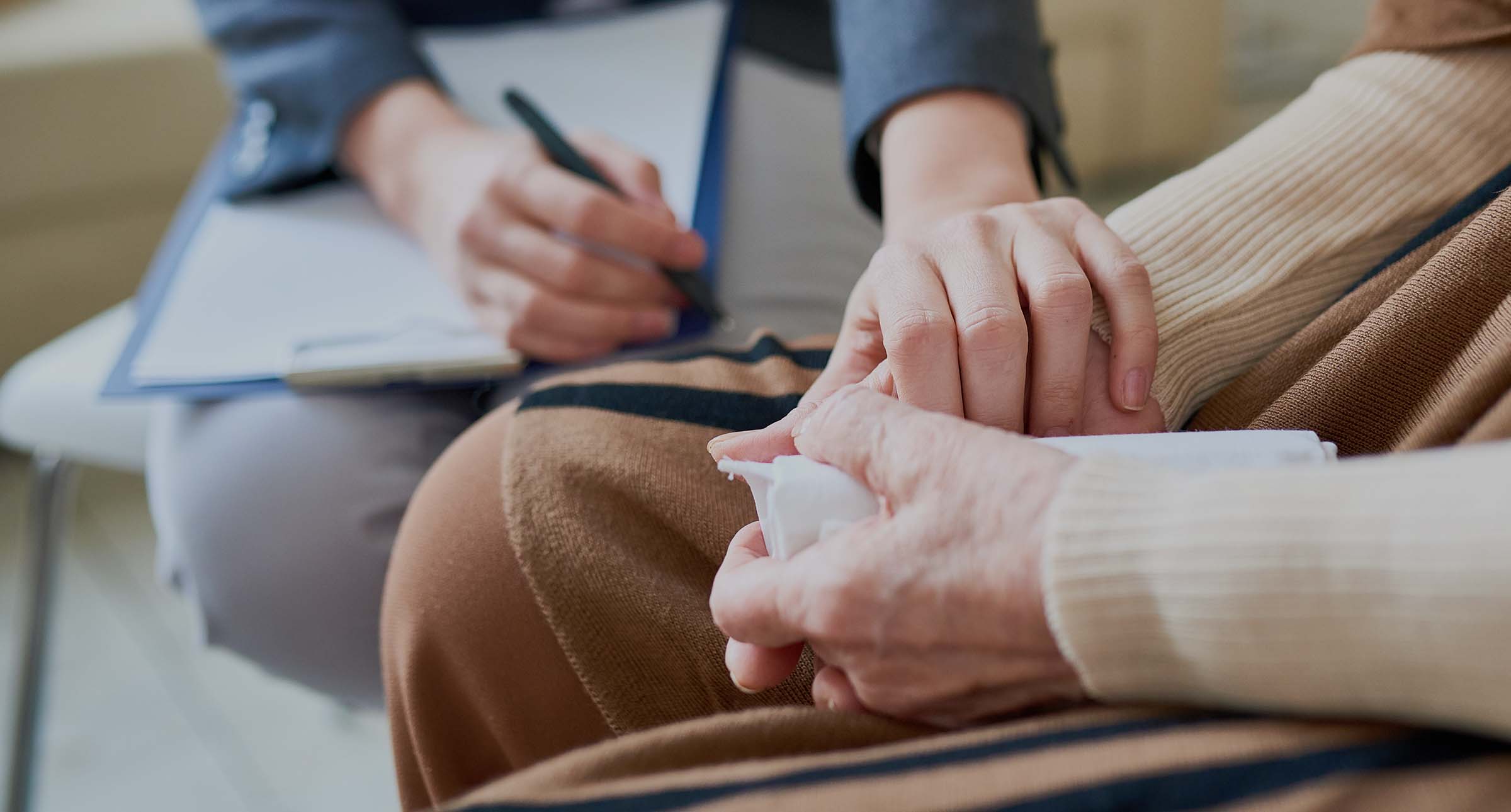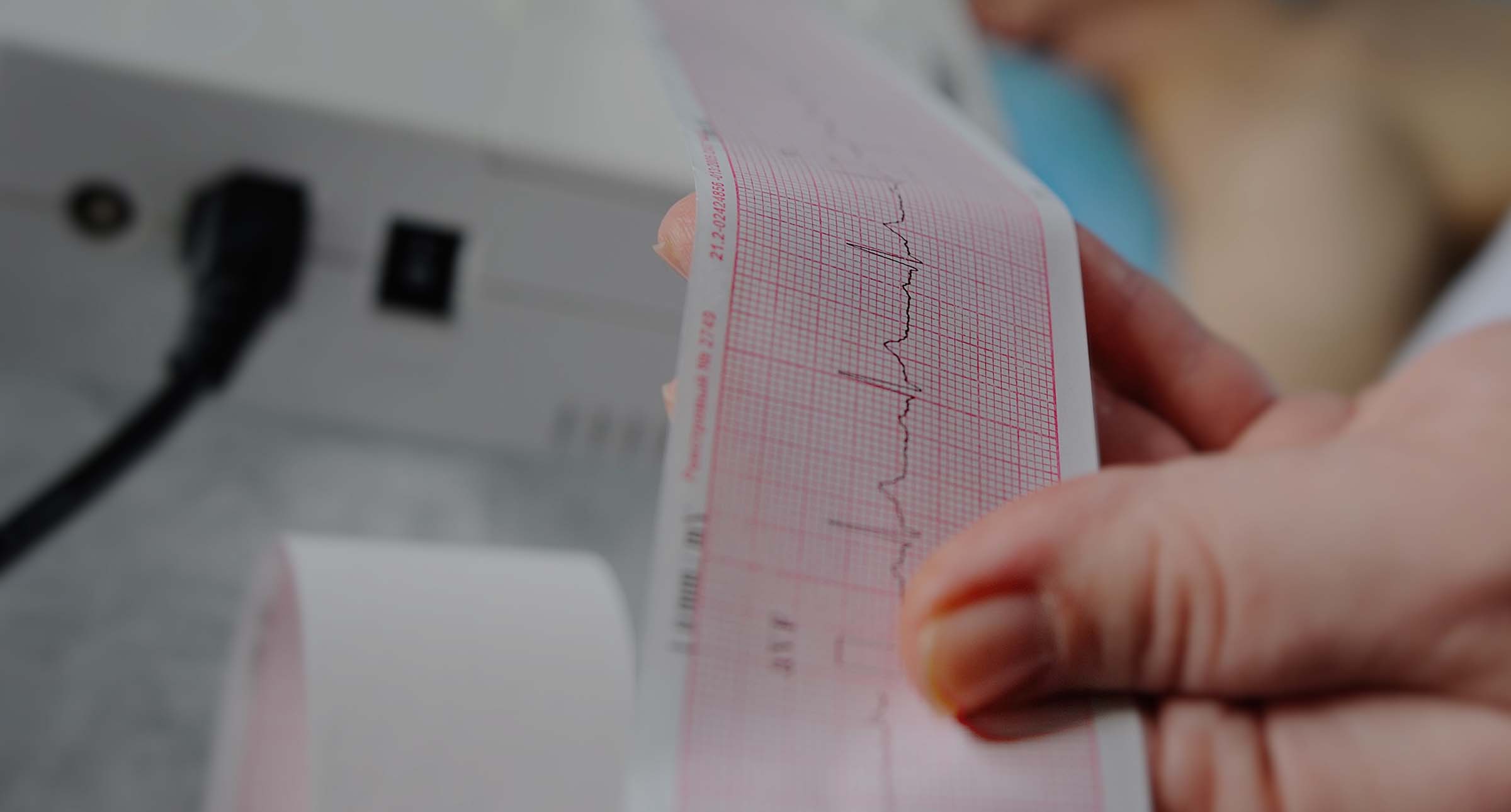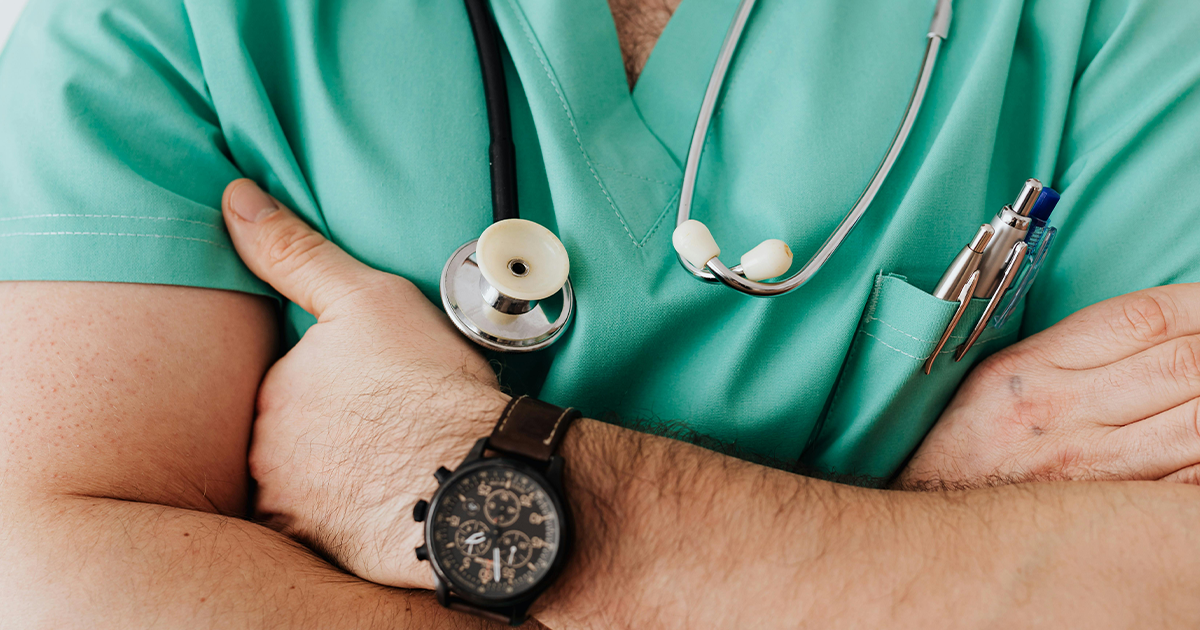Six-figure settlement secured for widow after Great Western Hospital negligence led to cardiac death.
Susan Fenwick first reached out to the RWK Goodman team in 2021. As with any clinical negligence case, we firstly go over the key issues with the client, ensuring that we have a complete set of records, and copies of the core documentation required to begin our initial investigation.
Through our initial enquires, obtaining of records, taking witness statements of fact, and gathering expert evidence (initially in the disciplines of cardiology – Great Western Hospital (GWH) issues and causation generally – and paramedic medicine – ambulance issues), we were able to build a clear picture of a poor standard of care. One that fell far below any acceptable standard.
"I exchanged some letters with the Hospital and the Ambulance Trust but I was not happy with the answers I was getting. I knew there was something not right with the hospital, and the responses from the ambulance."
What were the main challenges/concerns with this case? How did the RWK Goodman team overcome them?
The case was hard fought on all issues, but the manner in which the claim was defended was staggering. It was GWH’s case that it was their policy not to perform angiography on any patients contemporaneously unless they had chest pain whilst in hospital. Additionally, because this was during the pandemic, GWH claimed a negative Covid test was also required to perform this procedure.
Having gathered expert advice by leading professionals, and identified the extreme danger this placed patients under, one of the questions that was bluntly put to the GWH team was, “how many people did you kill?”
On further questioning, citing that this policy wasn’t written down anywhere, the Trust declined to serve a witness statement from their Chief Executive or Medical Director, confirming this was what they were doing. In addition to this, GWH further served a witness statement, from a cardiologist on the unit, who said he didn’t know about the policy in question.
Upon speaking with The Ambulance Trust regarding their separate care issues, the Trust refused to accept the conclusions of their own investigation. Whilst their report did make admissions, they concluded these issues did not lead to Mr Fenwick’s death because he would have had a <50% chance of survival. This was something nobody could understand. Only if the standards at the GWH unit were so low, that at the point someone who had received cardioversion, had and been stabilised, would they be then more likely to die during or following stenting.
Again, it was pointed out to the Trusts’ legal team that if that was genuinely the case, there was no way the unit should have been operating, and it should have been closed as a public menace.
As the leading team member on this case, I then led on settlement discussions and had several conversations with The Trusts legal representatives to agree on a final settlement figure.
Outcome & compensation
We took on the case in 2021 and it settled about three months prior to going to trial in March 2024. The team and I were shocked at the standard of care provided, and the negligence of The Great Western Hospital senior staff.
Both Mrs Fenwick and our team were satisfied with the £380,000 that was received. Although the compensation cannot change the fact that Mrs Fenwick lost her husband, it can help in providing a more stable financial footing for the years ahead. We can hope that the GWH are able to learn valuable lessons from this case, and that any future deaths like this can be prevented.
"It wasn't about financial compensation. I wanted answers that would change practice."
Why is RWK Goodman suitable for cases like this?
As a UK top 100 law firm specialising in clinical negligence and cardiac cases, the team and I are well placed to handle this type of work. Having started my career running paediatric cardiac cases in 1998, I am confident in my ability to draw from my extensive legal knowledge, the wider teams support, and our links to specialist expertise.
Why is it important to get compensation for people like Susan?
This is a horrific case of clinical negligence, and we are gravely concerned that if this was genuinely what GWH was doing at the time, then we may just be scratching the surface.
Their approach was far removed from the recommended best practice methods at the time – which was to encourage people with cardiac issues to come forward – and nobody should have been withholding treatment because their patients had tested positive for Covid. The ambulance wait time was also likely not the only occurrence with lethal consequences.
If you or your family find yourself in in Sue’s position, we would encourage you to get in touch with a member of our team as soon as possible.
Call now
Related services & support.
Legal insight from our team of clinical negligence experts.
View more articles related to Cardiac negligence and Medical negligence





